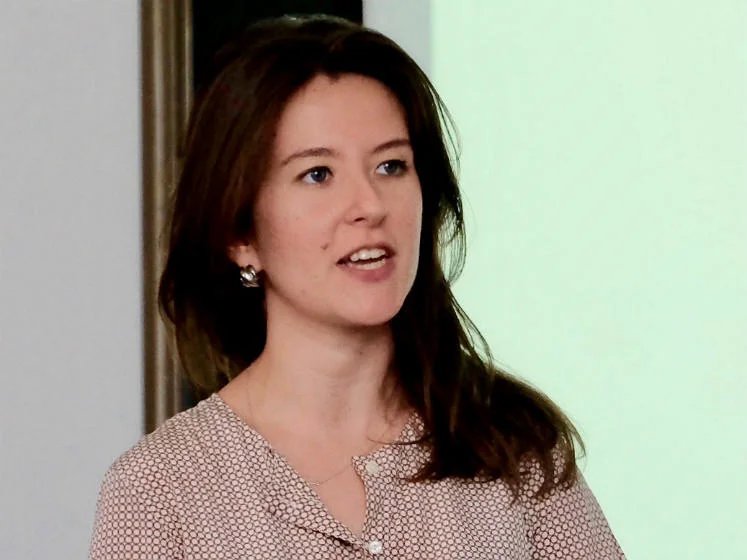Q&A with Carlotta Clivio
Researching Chinese leadership’s involvement in global climate governance structures
Carlotta is a PhD candidate with the Department of International Relations
The amount of care put into ensuring that young researchers have the tools to work toward becoming a better version of themselves definitely adds value to everyone’s LSE experience.
Carlotta Clivio

What are you currently researching?
The Chinese leadership’s involvement in global climate governance structures – the roles it plays within them, its evolving aspirations, and the political implications these have for the collective effort of combating climate change.
What attracted you to this area of research?
An initial interest in Chinese International Relations Theory and Foreign Policy Analysis turned into an almost full-time commitment to the study of Chinese Foreign Policy.
Later encounters with the literature on Chinese non-traditional security studies opened my eyes to research pathways that were entirely new to me, from the study of energy security in East Asia, to Sino-EU cooperation in the renewable energy sector.
My current focus on global environmental politics stems from the willingness to answer questions which I encountered along the way, but had not had the chance to fully explore.
How will your research improve or have a wider impact on society?
The public debate surrounding international climate negotiations – regardless of whether one is joining the debate from Washington D.C., London, or Beijing – is predominantly framed in terms of "the Global North vs. the Global South", "us vs. them".
Through my research, I hope I’ll be able to make a contribution, however small, to shifting the public debate away from this divide, towards questions of climate equity and its variability.
What do you hope to do career-wise, long term?
I aspire to continue putting my research skills to use within academia. Yet, there is also great value in keeping a few professional options open, and I intend to continue doing so while pursuing a full-time PhD degree.
What are your top three tips to prospective students on the most effective way to approach research and keep stress levels down?
While there is no one-size-fits-all approach to the way one tackles research, I’d recommend:
- Breaking down what looks like an unsurmountable writing aim into small, manageable tasks.
- Keeping a research journal (which, in my case, looks more like a collection of digital post-it notes), as it allows one to see how the questions that interest them (and their understanding of them) have evolved over time;
- Establishing clear boundaries between work, writing, and leisure time.
What resources are available at LSE to help young researchers?
For any question one may have about how to become a better researcher, author, editor, peer reviewer, teacher, panellist, commentator… there is always going to be a specific set of workshops offered by one’s main department (or research centre), the Methodology Department, the PhD Academy, LSE Library, LSE Careers, the Teaching and Learning Centre, or the Language Centre that can help!
The amount of care put into ensuring that young researchers have the tools to work toward becoming a better version of themselves definitely adds value to everyone’s LSE experience.
What do you enjoy most about studying at LSE?
While the pursuit of a PhD degree is generally considered to be a solitary endeavour, being at the LSE reminds one of how scholarship is, by and large, a conversation.
The presence of a closely-knit LSE PhD community, alongside a wide variety of public events held each week, have contributed to making my entire PhD experience all the more worthwhile.